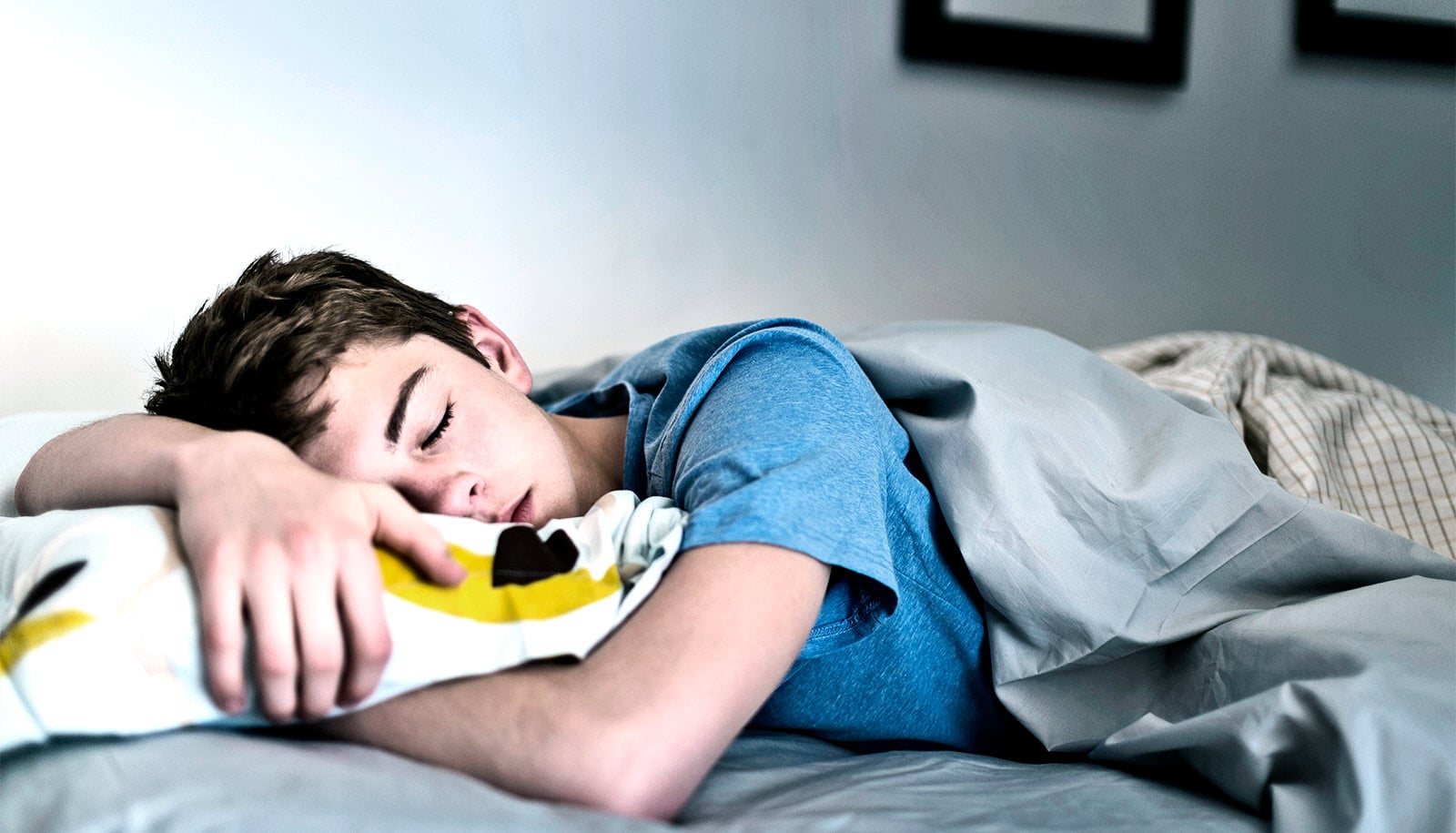
Even virtually, it is good to be back at Brookings. And, thank you to Brookings and to the Commonwealth Fund for co-hosting this event. Get Involved Show submenu for “Get Involved””.

The White House Show submenu for “The White House””.Office of the United States Trade Representative.Office of Science and Technology Policy.
 Executive Offices Show submenu for “Executive Offices””. Administration Show submenu for “Administration””. Restricted sleep, however, is primarily limited to school nights, rather than weekend nights, with students losing up to 2 hours of sleep each night after the start of school. Students at later starting schools get more sleep, perform better academically, have significantly fewer automobile accidents, report greater motivation and less depression, and experience fewer physical health difficulties Multiple factors contribute to sleep deficiency in teens, including electronic devices, jobs, erratic sleep schedules, caffeine, social and school obligations. A widely cited study conducted by Wolfson and Carskadon (1998) in which students selfreported high grades were found to have more sleep time then those who self-reported low grades. Sleep experts urged a delay in morning classes until 8:30 a.m., or later, for middle and high school students. In 1994, physicians began advising school leaders to “eliminate early starting hours for teenager(s)”. Janet Croft, Ph.D., a senior epidemiologist at the CDC, believes that early school start times have a “deleterious impact” and impose “an unrealistic burden” on adolescent students. The National Institutes of Health and the American Lung Association of New England have identified early school start times as a factor contributing to teen sleep deficiency. The vast majority of teenagers attending early starting schools meet the morning bell in a sleep-deprived state. high schools schedule classes during the 7 o’clock hour, while melatonin still pressures adolescents to sleep. There is evidence that students could benefit from a late school schedule by having more sleep time. Restricted sleep in adolescents is associated with profoundly impaired learning capacity, increased rates of depression, anxiety, and fatigue, increased risk of suicidal ideation and completed suicide, increased rates of automobile accidents, decreased athletic and motor skills, excessive weight gain, increased likelihood of criminal conduct, risk-taking behaviors, including drug or alcohol use, increased likelihood of physical, psychological, or social difficulties, elevated blood pressure, interference with secondary brain development.
Executive Offices Show submenu for “Executive Offices””. Administration Show submenu for “Administration””. Restricted sleep, however, is primarily limited to school nights, rather than weekend nights, with students losing up to 2 hours of sleep each night after the start of school. Students at later starting schools get more sleep, perform better academically, have significantly fewer automobile accidents, report greater motivation and less depression, and experience fewer physical health difficulties Multiple factors contribute to sleep deficiency in teens, including electronic devices, jobs, erratic sleep schedules, caffeine, social and school obligations. A widely cited study conducted by Wolfson and Carskadon (1998) in which students selfreported high grades were found to have more sleep time then those who self-reported low grades. Sleep experts urged a delay in morning classes until 8:30 a.m., or later, for middle and high school students. In 1994, physicians began advising school leaders to “eliminate early starting hours for teenager(s)”. Janet Croft, Ph.D., a senior epidemiologist at the CDC, believes that early school start times have a “deleterious impact” and impose “an unrealistic burden” on adolescent students. The National Institutes of Health and the American Lung Association of New England have identified early school start times as a factor contributing to teen sleep deficiency. The vast majority of teenagers attending early starting schools meet the morning bell in a sleep-deprived state. high schools schedule classes during the 7 o’clock hour, while melatonin still pressures adolescents to sleep. There is evidence that students could benefit from a late school schedule by having more sleep time. Restricted sleep in adolescents is associated with profoundly impaired learning capacity, increased rates of depression, anxiety, and fatigue, increased risk of suicidal ideation and completed suicide, increased rates of automobile accidents, decreased athletic and motor skills, excessive weight gain, increased likelihood of criminal conduct, risk-taking behaviors, including drug or alcohol use, increased likelihood of physical, psychological, or social difficulties, elevated blood pressure, interference with secondary brain development. 
Insufficient sleep time could impair adolescents’ learning and development. While teenagers are notorious for causing their own sleep difficulties – staying up too late, playing with electronic gadgets, and generally burning the candle at both ends – sleep loss among adolescents is confined primarily to school nights. Studies conducted over a nearly 30 year period have consistently shown only a small fraction of adolescents obtain the 9 or more hours of sleep they require to function at their best. THE IMPACT OF SCHOOL START TIMES ON ADOLESCENT HEALTH AND ACADEMIC PERFORMANCE REVIEW OF LITERATURE ON ADOLESCENT SLEEP & SCHOOL STARTING TIMES There has been a general consensus that American adolescents are not getting enough sleep.







 0 kommentar(er)
0 kommentar(er)
